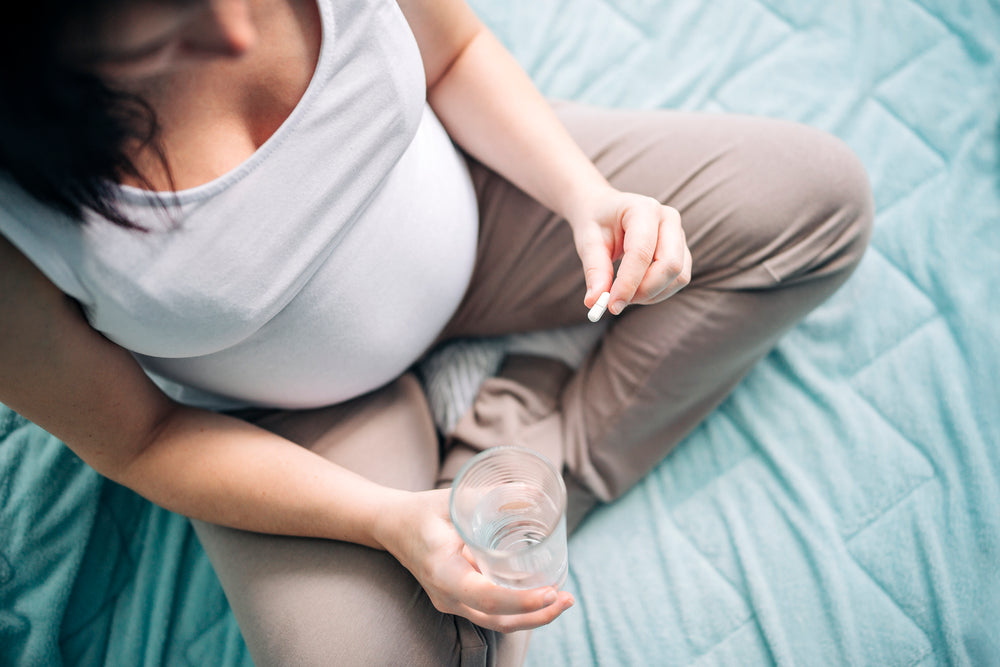Iron is a building block for life. It is a mineral that we cannot live without. It helps red blood cells and other blood cells form and enables red blood cells to carry oxygen around your body through haemoglobin. Iron is essential for cell division and has important functions in your immune system, metabolism and enzyme reactions throughout the body.
Despite its importance, many women are deficient in it, even before they become pregnant. Iron deficiency is, in fact, the world’s most common micronutrient deficiency, affecting approximately 2.2 billion people around the globe.
In the UK and Ireland, many women do not have adequate iron and iron stores, and this increases during pregnancy, with 25%-40% of women being affected. Taking an iron supplement alongside a healthy iron-rich diet is a great way of ensuring that you have all the iron you and your baby need.
This article will give you information on why iron supplementation in pregnancy is so important. You can read more about pregnancy nutrition here.
Why Is Iron Needed During Pregnancy?
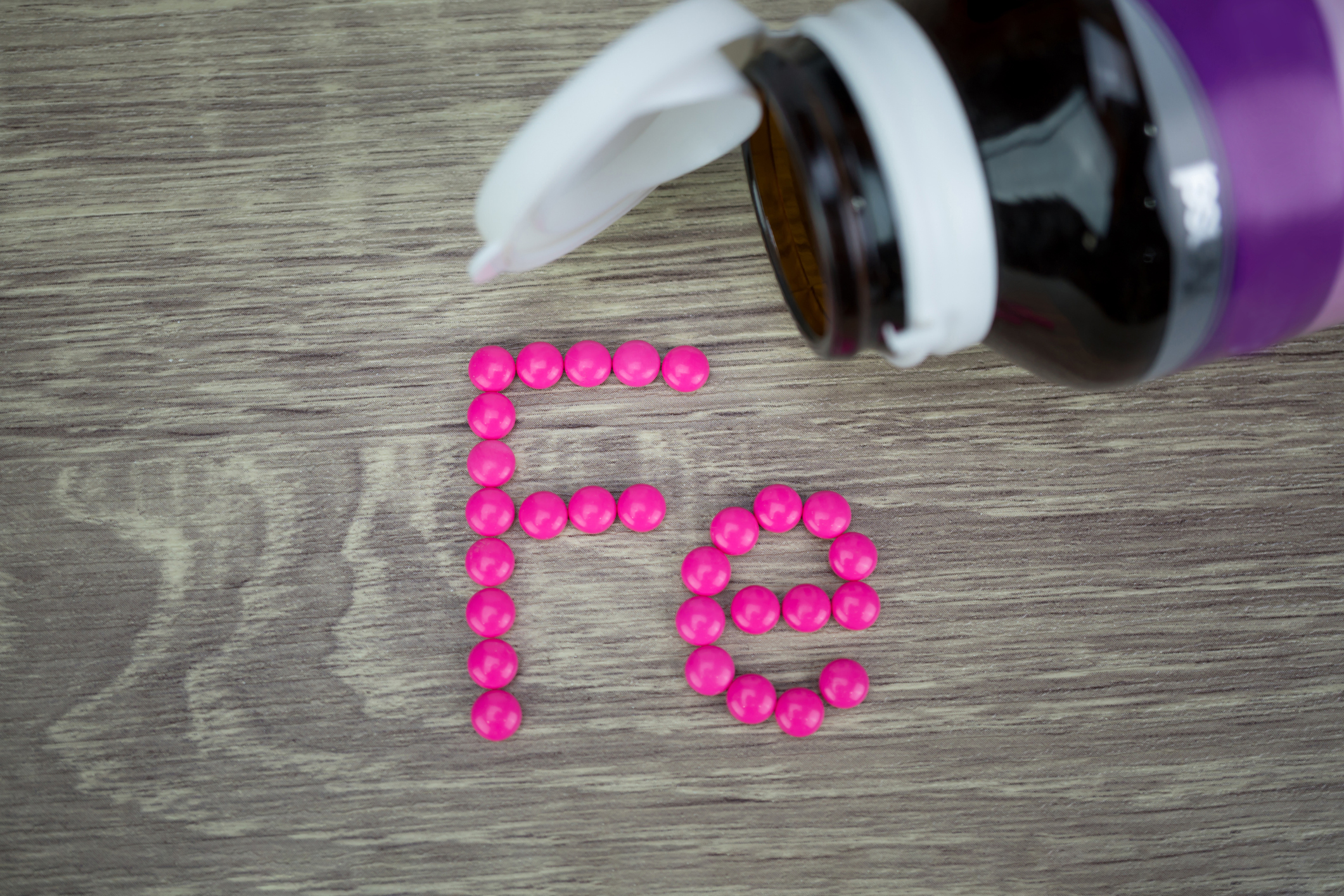
The requirement for iron in pregnancy doubles and, in some cases, can triple. Women not only are more likely to be low in iron but, when pregnant, they also have less capacity to store iron.
It is recommended that you get at least 27 mg of daily iron throughout your pregnancy. This is to make sure your body can satisfy the needs of both you, and your baby.
The volume of blood in your body nearly doubles over the length of your pregnancy and to make all those extra blood cells, and to grow a healthy baby, your body needs a lot of extra iron.
Many of us may be low in iron and be unaware of it and, if you have any deficiency, it is almost impossible to get enough iron from diet alone.
My Expert Midwife’s Preconception and Pregnancy Supplements contain iron and other important vitamins and nutrients like folate and zinc for women trying to conceive and throughout pregnancy.
What is the consequence of an iron deficiency in pregnancy?
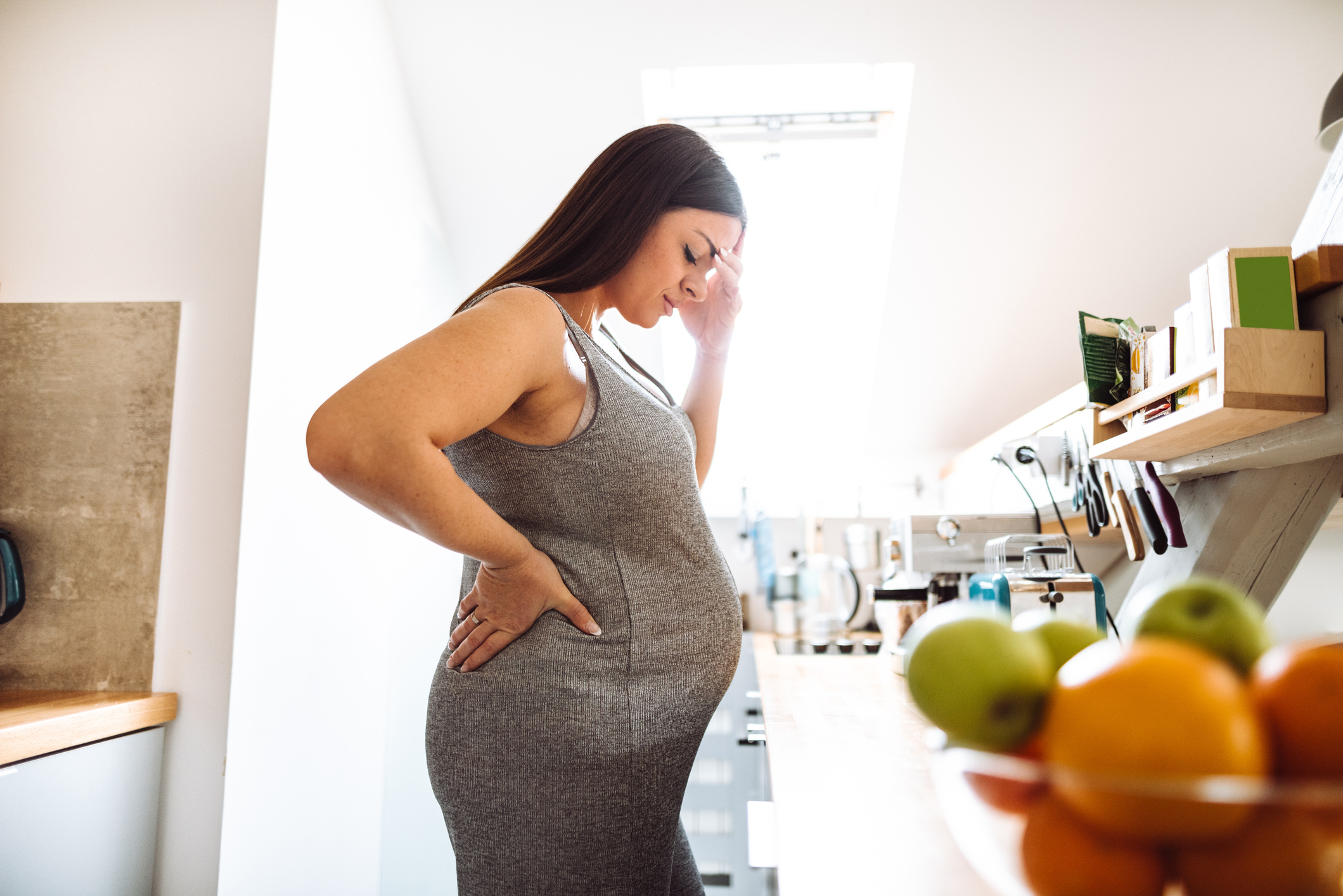
During pregnancy, your amazing body, while doubling your blood volume, only increases your red blood cells by about a third.
This natural process is called haemodilution and, whilst it happens for good reasons, it also means that pregnant women are more likely to be iron deficient.
Many of the symptoms of iron deficiency, such as being tired, can be masked by pregnancy and many women might not be aware they are low in iron and put things down to the normal symptoms of growing a human.
Symptoms of being low in iron can include:
– Fatigue
– Weakness
– Dizziness or feeling lightheaded
– Headaches
– Pale or yellowish complexion
– Shortness of breath
– Palpitations
– Slow wound healing
– Depletion of iron stores and ferritin levels
– Increased susceptibility and severity of infections
– Poor cognition and low productivity
– Low mood, irritability and/or depression
What are the benefits of iron supplements?

An excellent way to reduce your risk of iron deficiency is to take an iron supplement. The best time to start taking a supplement is during preconception. However, taking it as soon as you discover your exciting news is the next best thing.
At My Expert Midwife, we have carefully designed a pre-conception and pregnancy supplement, with iron as an essential component, alongside a host of other essential vitamins and minerals. You can learn more about our supplement, and all the vital vitamins and minerals in pregnancy here.
Iron exists in our blood cells in a functional capacity but is also stored as ferritin in the liver, spleen, muscles and bone marrow.
If you decide to book blood tests, usually during your first trimester antenatal appointments, your haemoglobin (iron levels) will be checked.
Depending on your local hospital guidelines, your iron stores (ferritin levels) may not be checked - unless you are at higher risk of iron deficiency or are very symptomatic.
It is likely that your bloods will not get rechecked until your third trimester, and it is during this period when you may become low in iron and not be aware.
Toward the end of pregnancy it can be challenging to increase your iron levels and the iron tablets often prescribed by your doctor contain a high dose of iron and often cause undesirable symptoms, such as constipation and gastrointestinal discomfort.
Taking a lower-dose supplement throughout your pregnancy can help to improve and maintain your iron levels and reduce the risk of requiring a higher dose later on.
Which foods are high in iron?
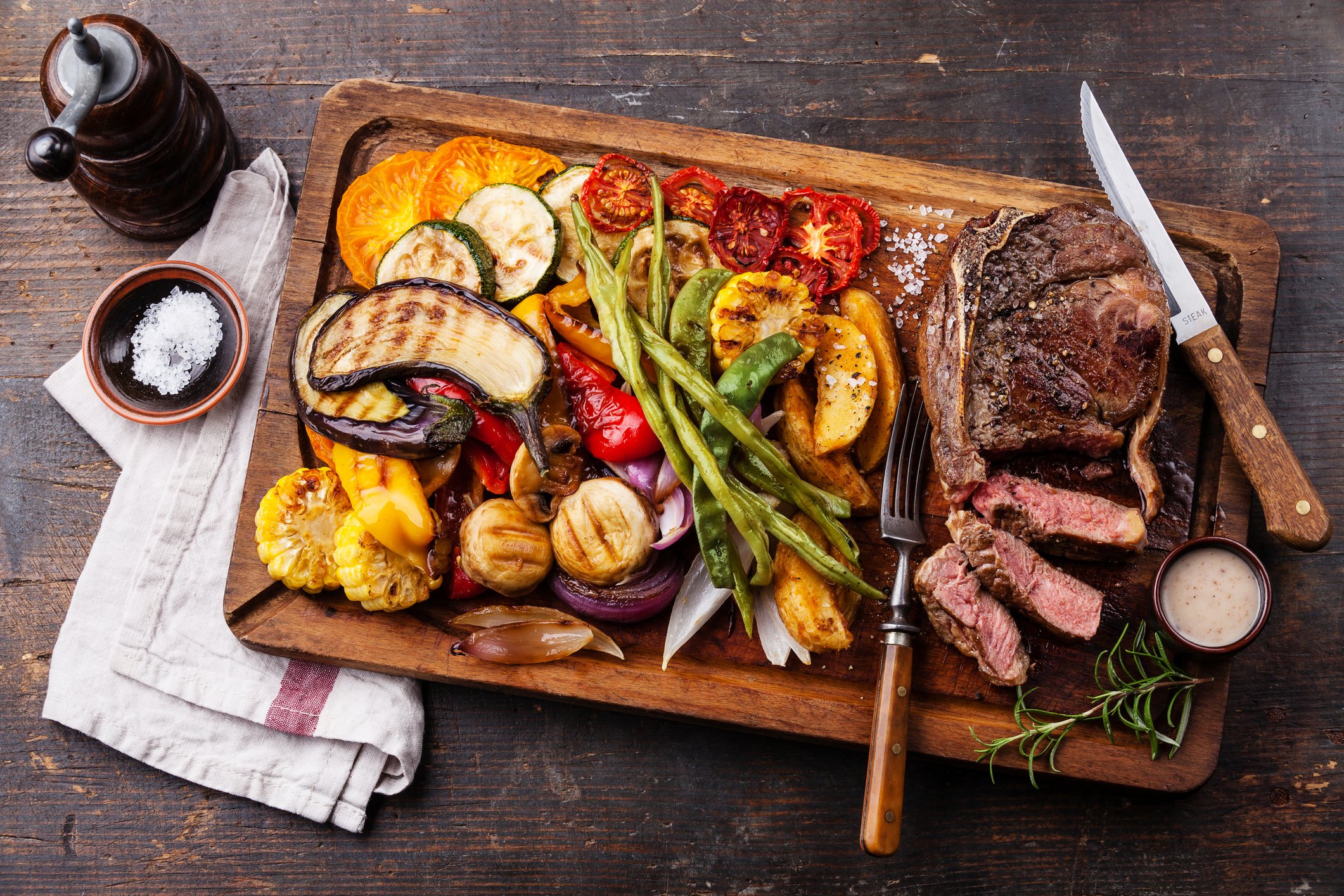
Having a well-balanced diet as part of a healthy pregnancy lifestyle, lays the best foundation for your baby’s well-being. Taking an expertly made supplement is a way to complement your diet, and give you the reassurance that you are meeting your body's extra requirements.
Iron comes from both animal (heme iron) and plant (non-heme) sources. Heme iron is more easily absorbed, which is why women who don’t eat meat are more likely to have lower iron levels. Many good sources of iron can be easily integrated into your diet.
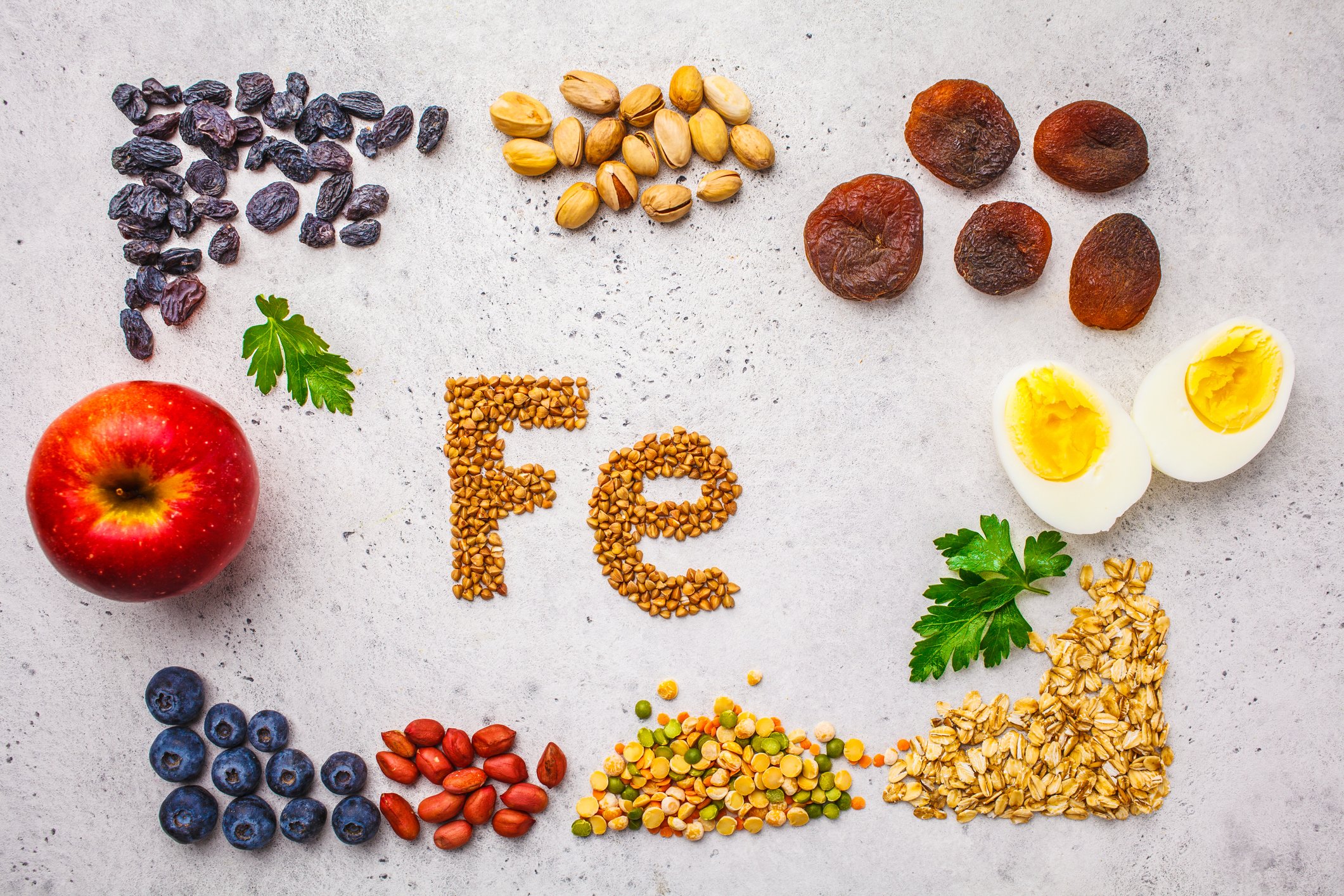
Iron-rich foods include:
- Red meat
- Chicken
- Legumes (such as kidney beans, baked beans, chickpeas and lentils)
- Nuts
- Eggs
- Dried fruit, such as apricots
- Fortified foods such as breakfast cereals
- Soybean flour
- Green leafy vegetables like spinach
Taking an iron supplement is good for you and your baby
Iron deficiency is common in women and the risk of developing low iron increases during pregnancy. Because of the increased need for iron in pregnancy, taking a good quality supplement containing iron can help provide your body with the micronutrients it needs during pregnancy.
This should always be taken as part of a healthy well-balanced diet. Remember to speak with your doctor or midwife if you have any particular concerns.
At My Expert Midwife, we have expertly developed a pre-conception & pregnancy supplement that is vegan, evidence-based and 95% naturally sourced.
Its formula contains iron and 11 essential vitamins and minerals to safeguard your nutrition and support your changing needs from before you get pregnant, right the way through your trimesters and onward to help you recover postnatally.
We have done all the expert work so you can rest easier knowing you are providing your body and baby with all the vitamins and minerals you both need.
Further reading
Georgieff, M.K., 2020. Iron deficiency in pregnancy. American journal of obstetrics and gynaecology, 223(4), pp.516-524.
https://www.sciencedirect.com/science/article/abs/pii/S0002937820303288
Means, R.T., 2020. Iron deficiency and iron deficiency anaemia: implications and impact in pregnancy, foetal development, and early childhood parameters. Nutrients, 12(2), p.447.
https://www.mdpi.com/2072-6643/12/2/447










